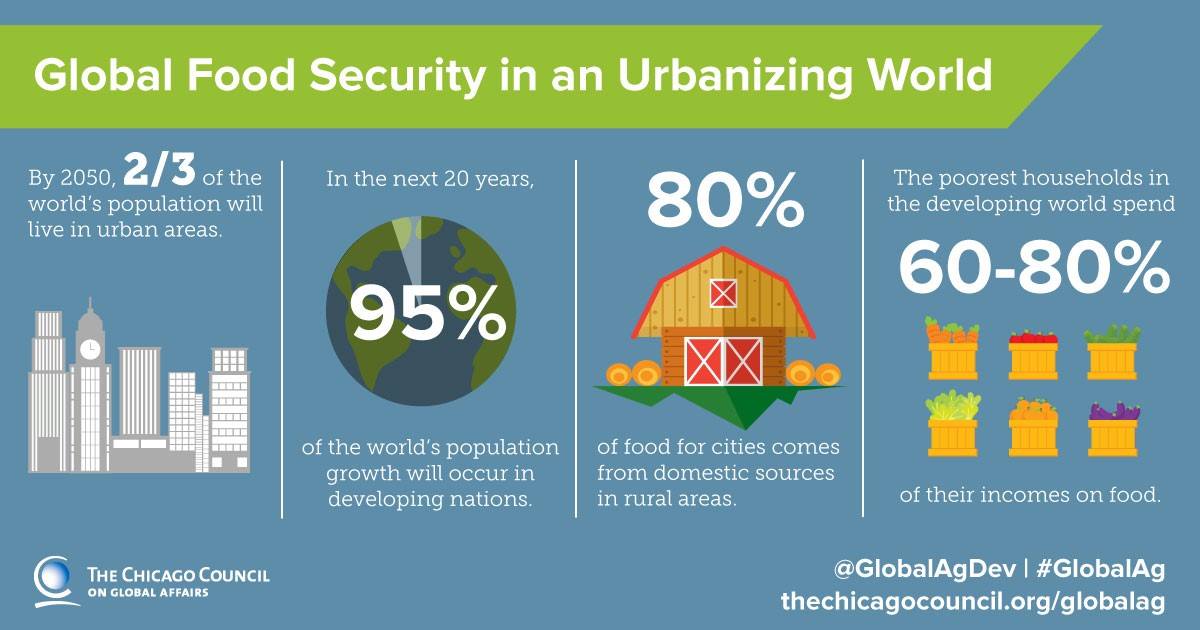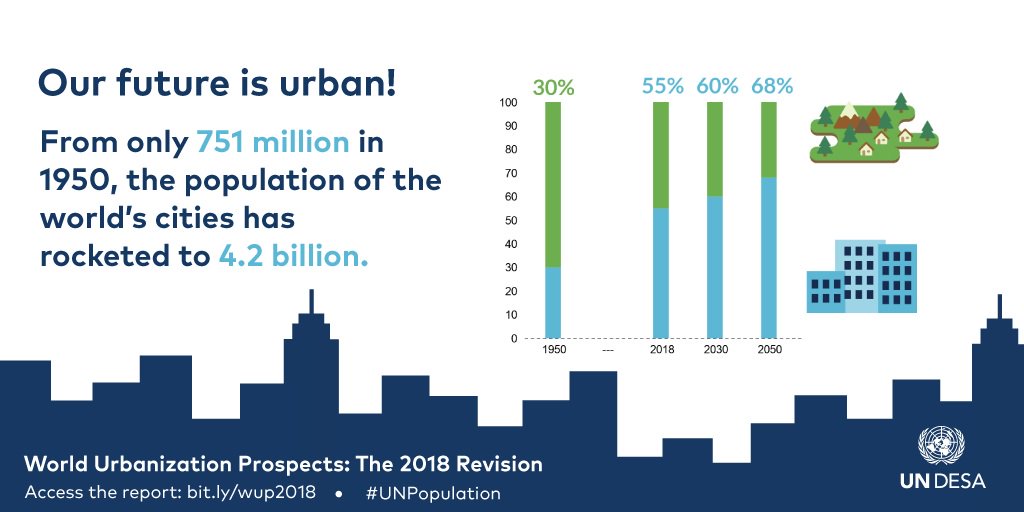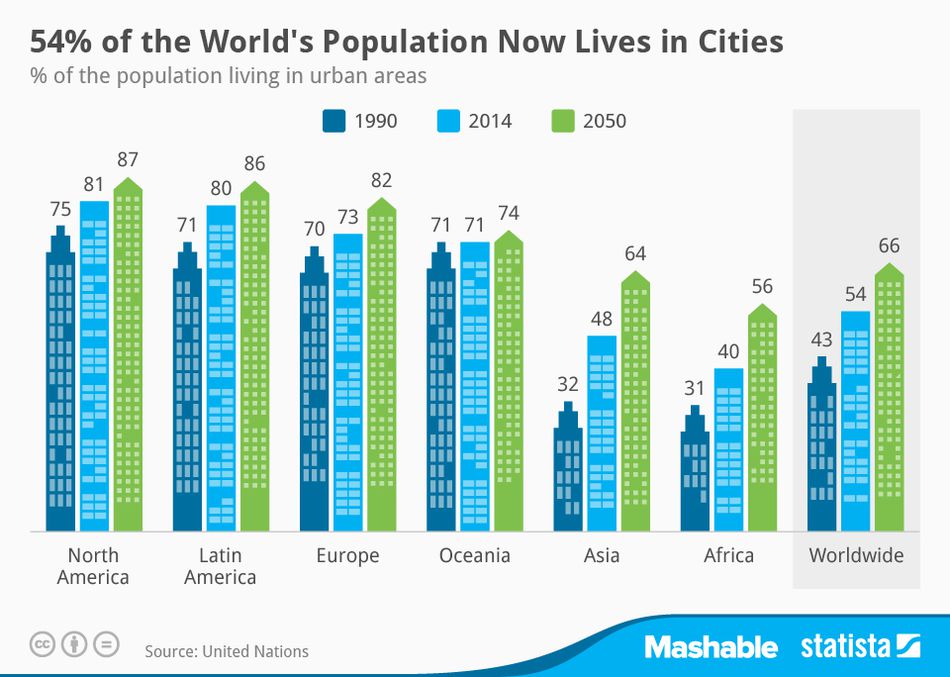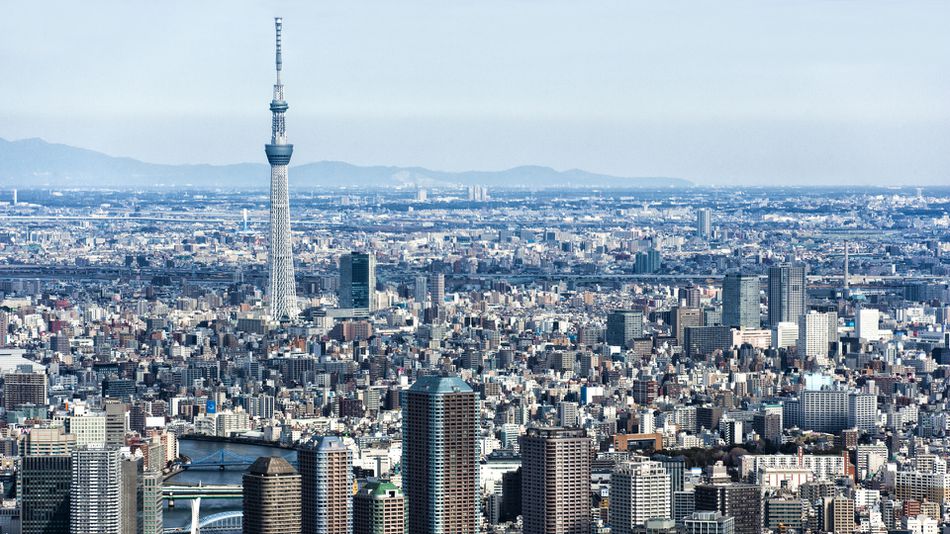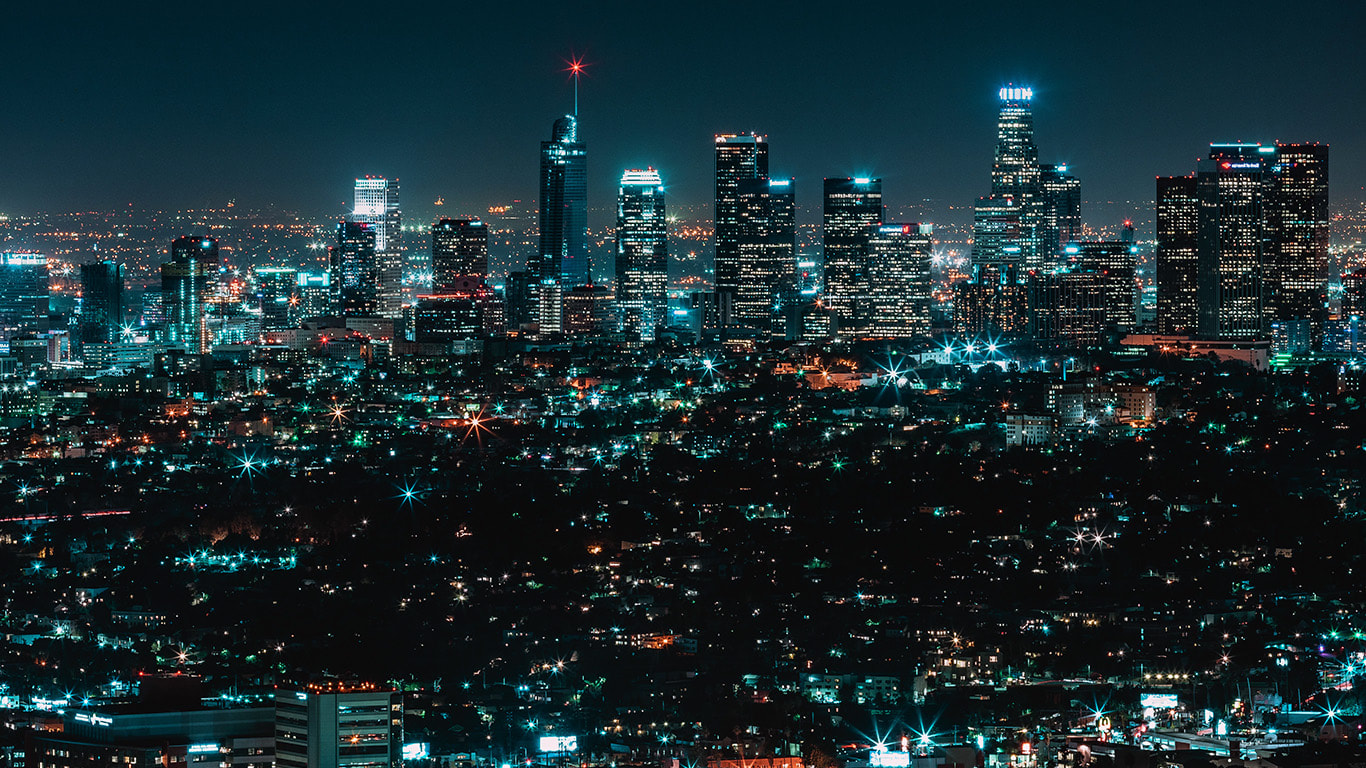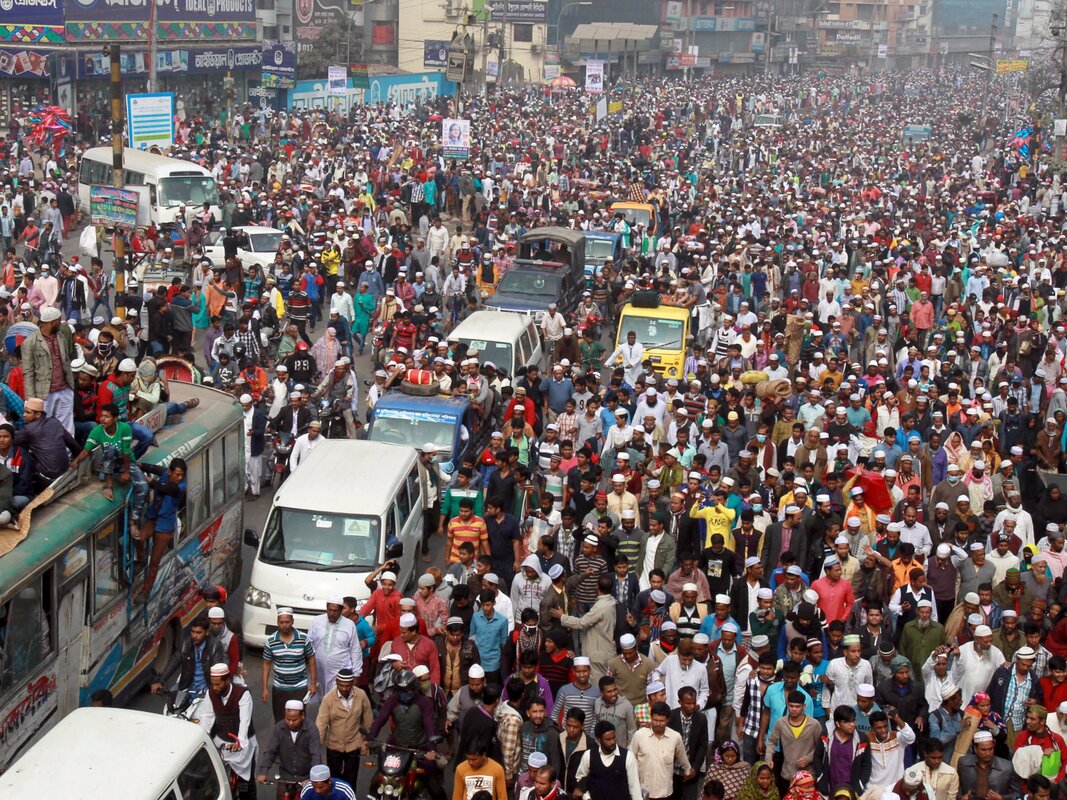21.03.2021
Urbanization Causes and Impacts
Poor air and water quality, insufficient water availability, waste-disposal problems, and high energy consumption are exacerbated by the increasing population density and demands of urban environments. Strong city planning will be essential in managing these and other difficulties as the world's urban areas swell. Currently, half of the total population of the world lives in urban cities, a trend that is definitely going to continue for years to come. Despite urbanization creating opportunities for people who take the leap to look for greener pastures in urban areas, it is often faced with a lot of challenges .
- Intensive urban growth can lead to greater poverty, with local governments unable to provide services for all people.
- Concentrated energy use leads to greater air pollution with significant impact on human health.
- Automobile exhaust produces elevated lead levels in urban air.
- Large volumes of uncollected waste create multiple health hazards.
- Urban development can magnify the risk of environmental hazards such as flash flooding.
- Pollution and physical barriers to root growth promote loss of urban tree cover.
- Animal populations are inhibited by toxic substances, vehicles, and the loss of habitat and food sources.
Poverty deprives people of adequate education, health care and of life's most basic necessities- safe living conditions (including clean air and clean drinking water) and an adequate food supply. The developed (industrialized) countries today account for roughly 20 percent of the world's population but control about 80 percent of the world's wealth.
Poverty and pollution seem to operate in a vicious cycle that, so far, has been hard to break. Even in the developed nations, the gap between the rich and the poor is evident in their respective social and environmental conditions.
Poverty and pollution seem to operate in a vicious cycle that, so far, has been hard to break. Even in the developed nations, the gap between the rich and the poor is evident in their respective social and environmental conditions.


